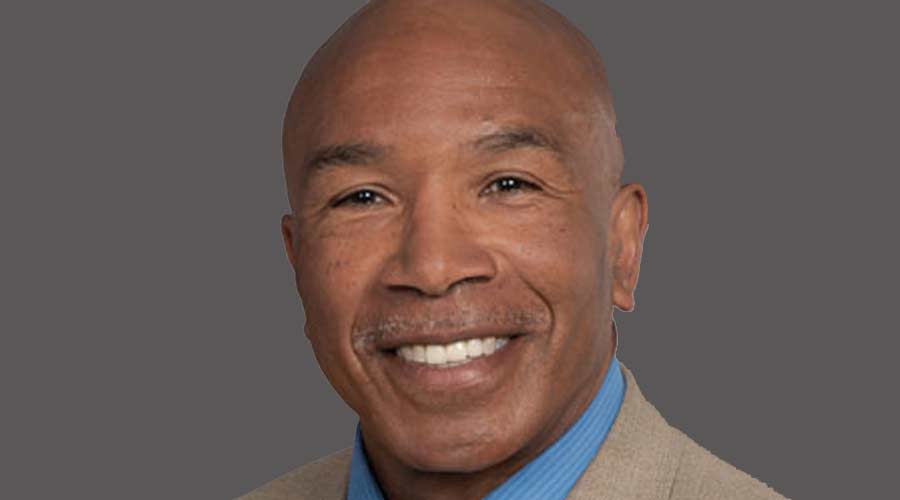
In my first column of 2024, I discussed the first principle of servant leadership: Active Listening. Through the practice of active listening, leaders can create opportunities to connect with their teams. Doing so effectively includes such strategies as providing private spaces for team members to express their views, paraphrasing what they have said back to them to ensure proper understanding, and creating a process where listening to concerns is routine. The result of successful active listening is reflected in a team less likely to become disgruntled or disengaged.
The second principle of being a servant leader is Empathy. This can be gained by sitting in someone else’s chair, walking in someone else’s shoes, thinking about things from others point of view, and having the ability to understand what another person is thinking or feeling. Are we able to look at things from another person’s point of view and sincerely feel compassion for that person? It may not come naturally to do so, because we already possess stereotypes, prejudices, and preconceived ideality.
I am discovering some stereotypes that I possess are limiting my ability to have empathy almost daily. I attempt to question myself and celebrate the differences of others. Yet celebrating and respecting those differences boils down to how well we can listen (the first principle of being a servant leader). This can be a challenge when someone is questioning your judgement and lodging a grievance — especially if they are from a different background, race, or religion.
In our current time, many people see a lack of compassion and empathy in our elected officials based solely on party affiliation. This does not offer our society and workforce positive role models. I can testify that being empathic improves our ability to lead, reduces tension in the workplace, and creates sustained, trusting relationships with our team members, among many other benefits. I learned this early in my career.
There was a housekeeper named Beatrice who had difficulty getting along with her co-workers. She loudly and frequently expressed her disapproval with everything about her job and the department. I decided to invite her to my office so I could get to know her better and see what I could do to change what was perceived by some of her teammates to be a negative attitude.
I spent the entire meeting telling her things weren’t as bad as she thought, imploring her to bear some responsibility in improving her relationships with her co-workers. But the more I challenged her, the more she appeared to get agitated. Her voice steadily grew louder, and she became so frustrated with me that she started crying.
Beatrice told me that nobody cares about her and that she was ready to quit. She was a good worker, and I knew that she needed the job. It was saddening that we got to this unfortunate and frustrating point in our meeting. She expressed that she couldn’t go on, so reluctantly, I told her we were done.
After this disastrous meeting, I couldn’t get Beatrice off my mind. I felt like I had failed both her and her co-workers, so I scheduled another meeting. This time, I remained silent and attempted to understand her every complaint. I began to realize that I had felt the same feelings she was expressing at different times in my life.
This meeting went much smoother. I could see in her facial expression and body language that she appreciated my attempt to put myself in her shoes — to do the difficult job that she did each night. She told me that she no longer felt alone and gave me a big hug. Our relationship for the next several years felt like we were family. Over that span, she offered many suggestions to improve the department and became one of our best trainers for new employees.
When we can discover our commonalities, view things from another’s point of view, and recognize the equality of people regardless of position, then we will be able to care for and help our team members. No one wants to feel like they are alone.
Gene Woodard, R.E.H., spent more than 45 years in the cleaning industry, retiring as the director of building services at the University of Washington, before which he spent almost a decade at Emanual Hospital in Portland, Oregon. Gene was also a founding member of the Healthy Green Schools & Colleges Steering Committee and served for many years as an advisory board member of Facility Cleaning Decisions magazine.

 The Down and Dirty on Cleaning in Virus Season
The Down and Dirty on Cleaning in Virus Season How Surfactant Use is Expanding in Commercial Cleaning
How Surfactant Use is Expanding in Commercial Cleaning Operational Excellence Series 2025: Better Budgeting
Operational Excellence Series 2025: Better Budgeting
